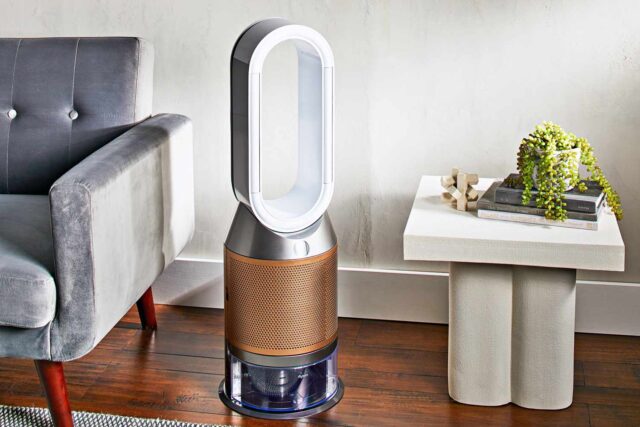
While opening windows and cleaning can help provide clean, fresh air in your home, it may not always be possible, especially during seasonal changes or when living in polluted areas. A pure air purifier can be the best way to help control the air quality you breathe at home.
About Air Purifiers
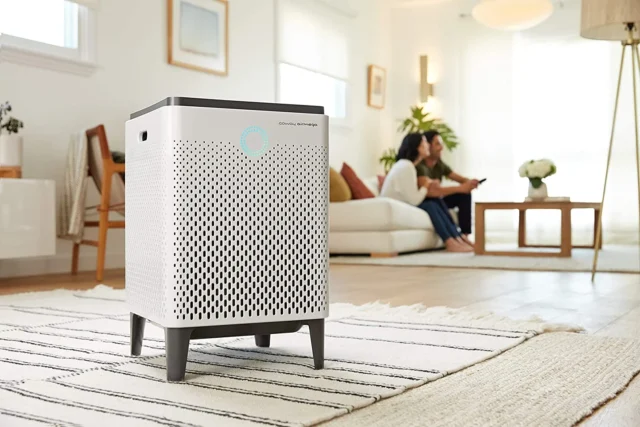
A pure air purifier is a device that can help to remove pollutants, allergens, and other particles from the air. It works by drawing in the air with its fan, then passing it through one or more filter layers that trap airborne particles such as dust, pollen, pet dander, and smoke. The filtered air is then released back into the room. Air purifiers also use technologies such as ionizers and ultraviolet light to further reduce harmful particles in the air.
6 Benefits of Using an Air Purifier
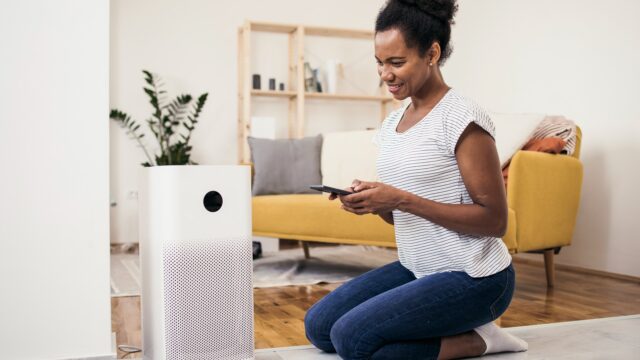
1. Removes Allergens
Air purifiers can help in seasons where allergy triggers such as pollen and mold are high. Allergens can get trapped in homes by traveling through open doors and windows. The filters in purifiers can trap tiny allergens such as pet dander, dust mites, and pollen. They can remove these allergens and circulate fresh, clean air into your home.
2. Eliminates Odors
From cooking smells to litter boxes, purifiers can help neutralize and reduce odors in your home. Some models use an activated carbon filter to tackle odors. This can help absorb smoke, pet smells, cooking smells, and any other unwanted smells in your home.
3. Reduces the Risk of Respiratory Problems
Airborne viruses and bacteria can make their way into your home, which can lead to respiratory problems. Purifiers help to remove these pollutants from the air, reducing the risk of respiratory problems. They use filters that capture small particles.
4. Enhances Sleep Quality
When you sleep, your lungs could be more susceptible to airborne pollutants, especially when your bedroom is not completely dust-free. With a purifier in your bedroom, you can breathe cleaner air. This can lead to a more comfortable sleep and less irritation from allergens, pollutants, and odors.
5. Reduces the Risk of Cardiovascular Disease
Air pollution can be detrimental to your heart health, and long-term exposure to polluted air can increase the risk of heart disease. A purifier can help reduce the number of pollutants in the air. By cleaning the air in your home, you may breathe easier, reduce stress on your heart, and improve your overall heart health.
6. Protects Against Airborne Viruses
Airborne viruses like the flu, coronavirus, and other germs can stay airborne for hours or even days. Using a purifier can help reduce the risk of getting sick. Models with HEPA filters can help capture microscopic particles like viruses and bacteria so they don’t circulate in the air you breathe.
Where to Place a Purifier for Maximum Effect
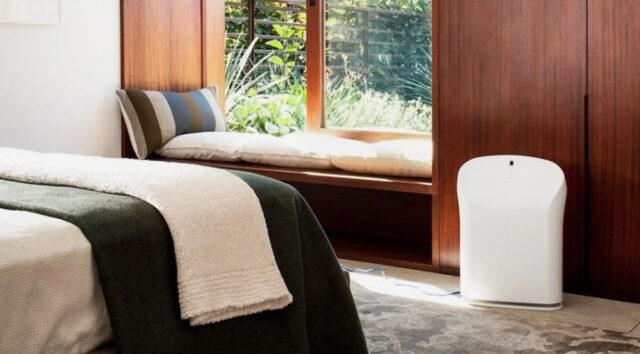
The Bedroom
Placing a purifier in your bedroom can be a great way to make the air you breathe free of pollutants. Your body is in repair mode at night, and inhaling pollutants can interfere with this process. The best place to put a purifier in your bedroom should be near the bed or on the opposite side, away from obstructions.
The Kitchen
Cooking can produce smoke, grease, and other pollutants that can affect your health. Placing a purifier near the stove or range hood can help capture the pollutants before they spread throughout the home. Clean the filters regularly, as they can become clogged in this area of the home.
The Basement
Basements may have poor air quality due to moisture, dust, and mildew. Placing a purifier in the basement can help keep the air clean and fresh. The best place to put it can be near the stairs or in a central location in the basement. You can also use multiple purifiers to cover a larger area if necessary.
What to Keep in Mind When Choosing a Purifier
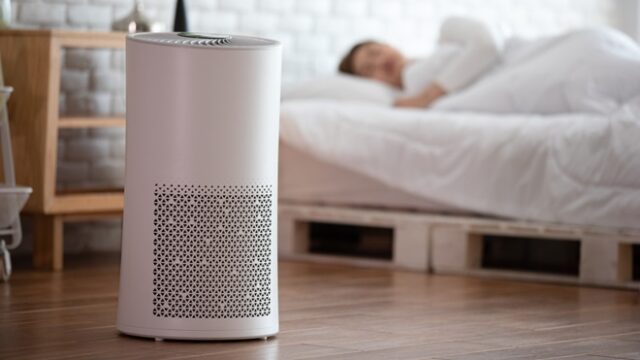
When choosing a purifier for your home, there are several important factors that you should consider. These factors will help you to select the right purifier that meets your specific needs and preferences. Below are some of the key factors to consider when choosing an purifier:
- Room Size: The first thing you need to consider is the size of the room where you will be using the purifier. Make sure that the model you choose is capable of purifying the air in the room. Look for the recommended room size on the product description or packaging.
- Type of Filter: Different models use different types of filters. Make sure you choose the one that suits your specific needs. If you have allergies, for example, consider a model with a HEPA filter that can remove allergens from the air.
- Noise Level: They can produce noise while in operation. If you plan to use the purifier in your bedroom or other quiet spaces, consider purchasing a model with a low noise level.
- Energy Efficiency: Some models may consume more energy than others, resulting in higher energy bills. Look for a model with an Energy Star certification that meets energy efficiency standards.
- Maintenance: The model you choose will require maintenance over time. Make sure to consider the cost and availability of replacement filters or other parts when making your purchase.
- Features: Consider the additional features of the model, such as programmable timers, remote controls, or air quality sensors. These features can make your air purifier more convenient and effective.
- Brand Reputation: Choose a model from a reputable brand with good customer reviews and a reliable warranty.
USE A PURE AIR PURIFIER IN YOUR HOME
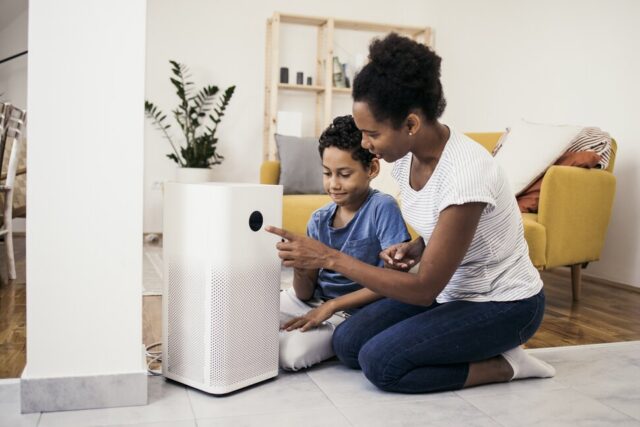
A pure purifier can benefit your health, productivity, and overall well-being. Improving air quality can reduce exposure to harmful pollutants and protect you from airborne diseases.
Whether you’re a health-conscious individual or want to create a more comfortable living environment, a purifier is worth considering. Choose a model that matches the size of the room you’re using it in, and regularly clean the filters for maximum effectiveness.









